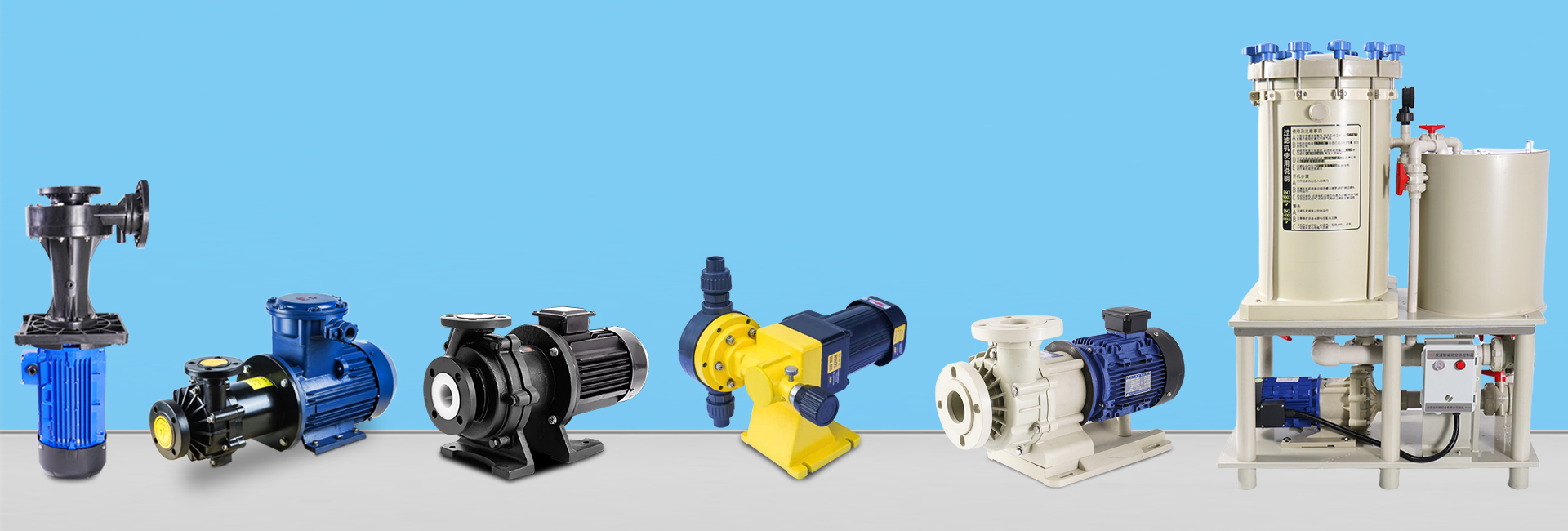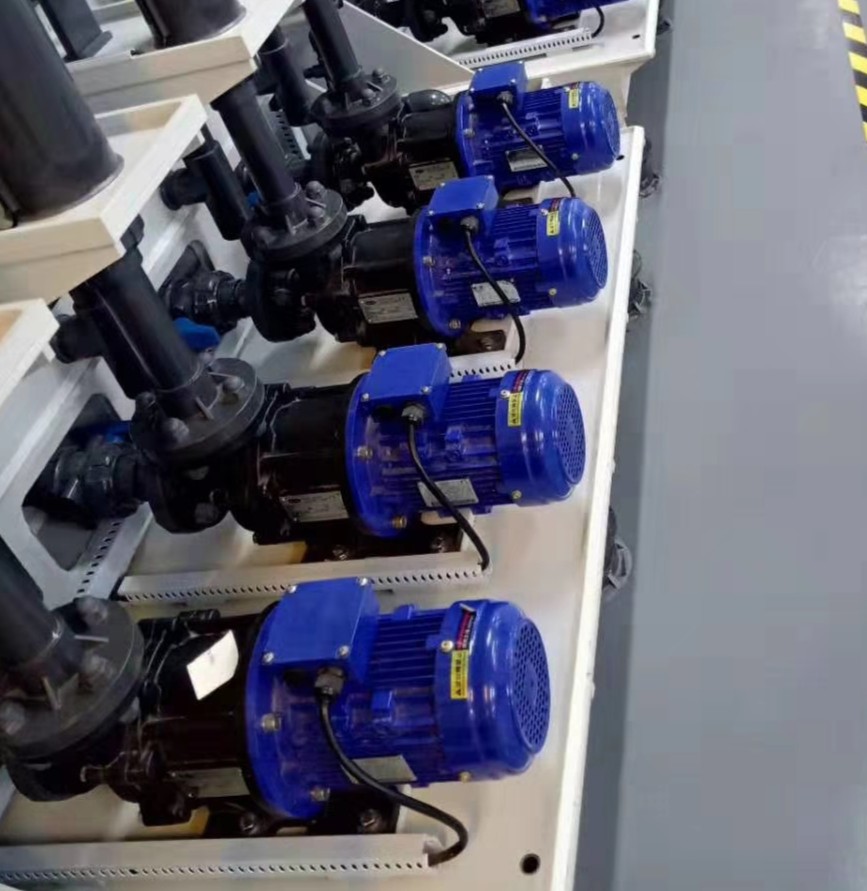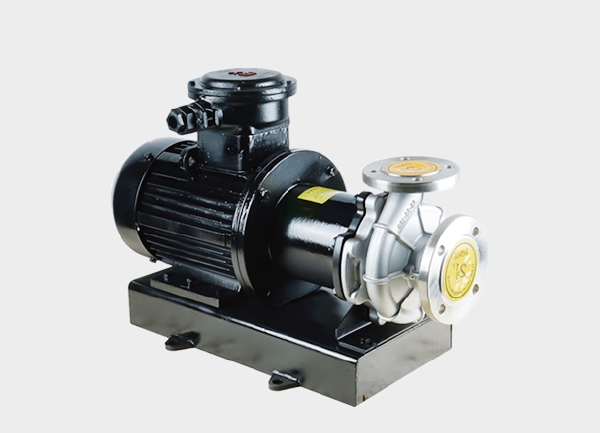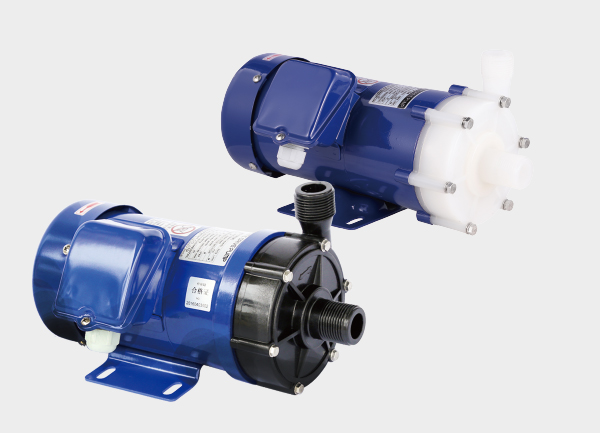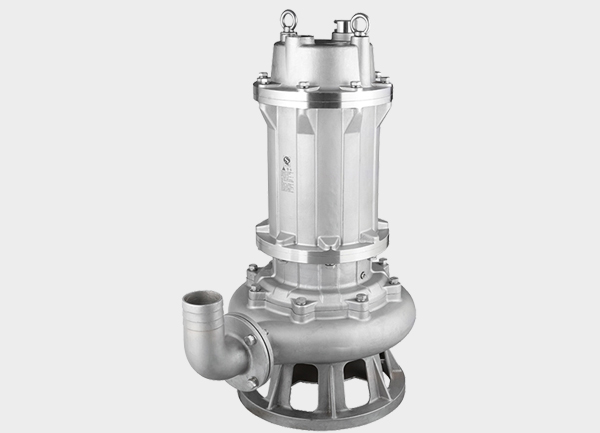An acid and alkali resistant magnetic pump is a sealless pump designed specifically for transferring corrosive fluids. Based on the magnetic drive transmission principle, it eliminates leakage problems commonly found in traditional mechanical seal pumps. Its core strengths revolve around “zero leakage,” “strong corrosion resistance,” and “low maintenance.” This type of pump is widely used in industries that demand high levels of sealing and corrosion resistance.
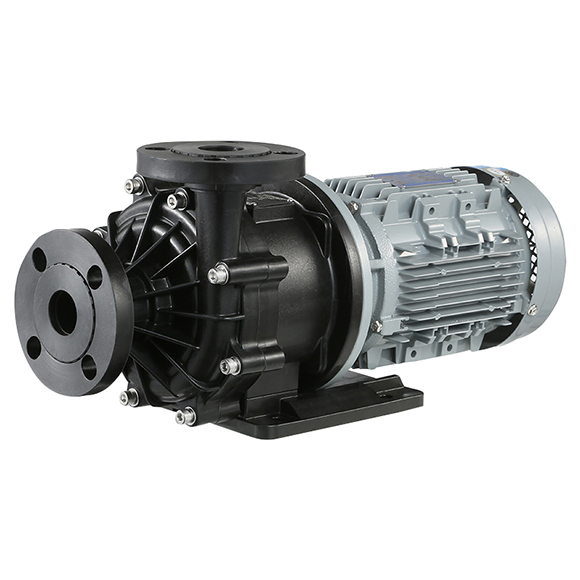
I. Core Advantages of Acid and Alkali Resistant Magnetic Pumps
The performance advantages of acid and alkali magnetic pumps come from their unique sealless magnetic coupling design and chemical-resistant construction materials. Below are the five main benefits:
1. Zero Leakage – Superior Safety and Environmental Protection
The most important advantage of a magnetic drive pump is its absolute leak-free structure.
Traditional centrifugal pumps rely on mechanical seals to prevent leakage. Over time, these seals wear out or age, causing corrosive fluids (such as acids, alkalis, or solvents) to leak—leading to safety risks, toxic exposure, or environmental pollution.
A magnetic drive pump eliminates this problem through non-contact magnetic coupling between the inner and outer rotors. The pump chamber and motor are completely isolated, making leakage structurally impossible.
It is ideal for handling toxic, flammable, explosive, or highly corrosive fluids such as chloroform, nitric acid, or hydrofluoric acid.
2. Excellent Corrosion Resistance – Compatible with Various Chemical Media
The key to “acid and alkali resistance” lies in the material selection.
The wetted parts (pump casing, impeller, isolating sleeve) are made of corrosion-resistant materials, selected according to the fluid properties to ensure long-term stability and reliability.
Common corrosion-resistant materials include:
Fluoroplastics: PVDF, F46, PTFE
Metals: 316L stainless steel, Hastelloy alloy
Ceramics: alumina, silicon nitride
Typical compatible fluids:
Strong acids: sulfuric acid, hydrochloric acid, nitric acid
Strong alkalis: sodium hydroxide, potassium hydroxide
Oxidizing media: hydrogen peroxide, sodium hypochlorite
Organic solvents: methanol, ethanol, acetone
Salt solutions: ferric chloride, copper sulfate
3. Low Maintenance and Long Service Life
Magnetic pumps feature no mechanical seals or moving sealing parts, so there’s no need for frequent replacement of rings or gaskets.
The internal structure is simple and durable—comprising only magnetic rotors and bearings, often made from ceramic or silicon carbide for superior wear resistance.
Under normal operating conditions, the service life of a magnetic pump can reach 3–5 years, far exceeding that of traditional centrifugal pumps (typically 1–2 years).
4. Smooth Operation with Low Noise and Vibration
Since magnetic coupling is contact-free, the pump avoids the vibration and noise caused by shaft misalignment in conventional designs.
With precise impeller assembly and optimized flow channels, the fluid runs smoothly, keeping noise levels below 60 dB—comparable to normal conversation.
This makes it ideal for laboratories, pharmaceutical production areas, and food processing plants, where quiet operation is essential.
5. Built-in Overload Protection for Enhanced Equipment Safety
When abnormal conditions occur—such as blockage, sudden viscosity increase, or excessive discharge pressure—the magnetic coupling slips automatically once the torque limit is exceeded.
In this “de-coupling” state, the motor keeps running but the pump stops rotating, preventing damage or motor burnout.
Once the overload is removed, the magnetic field re-engages automatically, ensuring safe and continuous operation without manual intervention.
II. Typical Industrial Applications
With its leak-free and corrosion-resistant design, the acid and alkali resistant magnetic pump has become indispensable in industries that require safe, clean, and reliable chemical fluid handling. Below are five major application sectors:
1. Chemical and Petrochemical Industry
The primary application field of magnetic drive pumps.
Acid and alkali transfer: sulfuric acid circulation, hydrochloric acid neutralization, caustic soda transport.
Organic solvent handling: methanol recovery, aromatic extraction, solvent transfer in paint production.
Oxidizing media: hydrogen peroxide circulation, sodium hypochlorite pumping in chlor-alkali plants.
2. Electroplating and Surface Treatment Industry
In electroplating, highly corrosive liquids such as chromic acid, nickel sulfate, and hydrochloric acid are used.
Magnetic pumps ensure safe transfer and circulation of plating solutions, preventing leakage that can contaminate the plating bath and corrode surrounding equipment.
3. Environmental Protection and Wastewater Treatment
Industrial wastewater—especially from textile dyeing, electronics, or chemical production—is often acidic or alkaline.
Magnetic pumps are used to transfer corrosive wastewater to neutralization tanks, oxidation reactors, or membrane systems.
Typical applications include alkaline wastewater in textile plants, fluoride-containing effluent in semiconductor fabs, and acidic leachate from waste treatment systems.
4. Electronics and Semiconductor Manufacturing
Semiconductor wafer cleaning and etching processes require ultra-pure corrosive chemicals such as HF, NH₄OH, and IPA (isopropanol).
Magnetic pumps constructed from PTFE or polished 316L stainless steel meet high-purity standards by preventing metal ion contamination, ensuring consistent chip quality and yield.
5. Pharmaceutical and Food Industries
In pharmaceuticals, magnetic pumps transfer acidic and alkaline cleaning agents (e.g., NaOH solutions for reactor cleaning) and process additives like citric acid or hydrochloric acid for pH control—fully compliant with GMP standards.
In food processing, they are used for acidic liquids (vinegar, fruit juice, lactic acid) and alkaline cleaning fluids, preventing metallic contamination and ensuring hygienic safety.
III. Conclusion
The acid and alkali resistant magnetic pump effectively addresses the industry’s critical need for safe, leak-free transfer of corrosive fluids.
With its combination of zero leakage, superior corrosion resistance, and minimal maintenance, it has become a standard solution in sectors like chemical processing, electroplating, and environmental protection.
When selecting a magnetic pump, users should carefully consider:
The corrosiveness, temperature, and viscosity of the medium
The required flow rate and pressure
The appropriate pump configuration (horizontal, vertical, or self-priming type)
The material compatibility of the wetted components
By matching these parameters correctly, companies can ensure safe, efficient, and long-term reliable operation.

